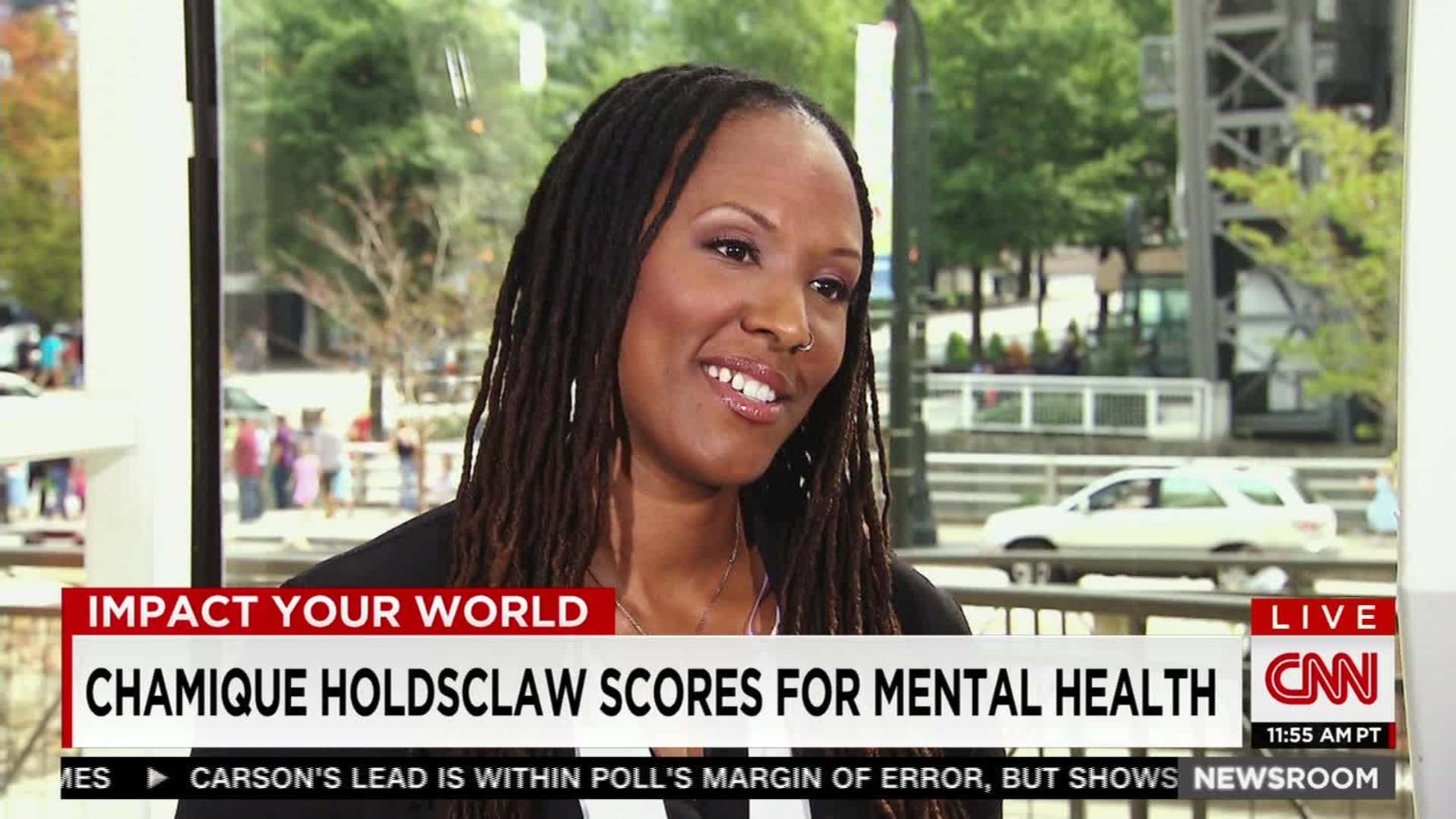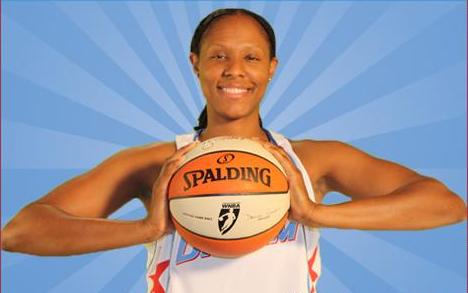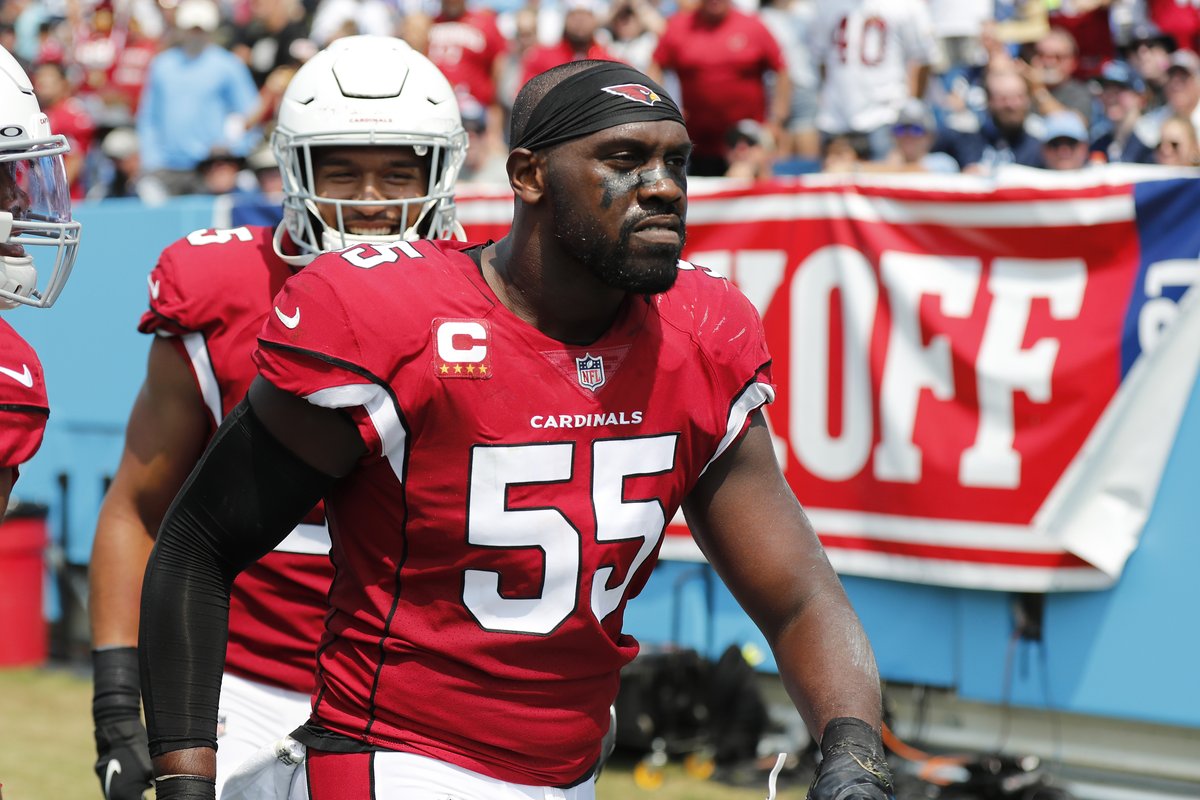WNBA legend Chamique Holsclaw opens up about her battles with mental health issues in a new critically-acclaimed documentary.
As journalists, we are often tasked with formulating an informed viewpoint while only having access to a limited amount of data. In the case of former WNBA star Chamique Holdsclaw’s 2012 indictment on several counts of aggravated assault, many immediately assumed that her actions were indicative of another spoiled athlete who simply could not contain themselves after being rejected by a partner.
However, following those incendiary initial headlines, it was revealed that Holdsclaw had been battling depression throughout much of her WNBA career. While her tumble was popular knowledge, many did not know of her ascent from the depths of shame associated with her mental illness and depression.
Recently, The Shadow League had the opportunity to speak with Holdsclaw about the new critically-acclaimed documentary Mind/Game, directed by Rick Goldsmith, that chronicles her ongoing struggles with depression and suicidal thoughts as well as her mission to educate the masses on mental health issues.

The Shadow League: How long have you been an advocate for mental health and how did this project come about?
Chamique Holdsclaw: Ive been doing advocacy work since 2006. The film director Rick Goldsmith said he was reading a paper and saw an article on the sports page of the New York Times. The article was about the work I had been doing on college campuses across the nation. He is a social issue documentarian and he was taken aback by my story.
He was like This name looks familiar come to find out that his friend he grew up with was president of the Phoenix Suns, Lon Babby, was also my agent when I was playing professional basketball.
TSL: What was your initial reaction to this film idea?
Holdsclaw: At first I was like No, I don’t want to do this. This is not me.’ I was proud of the work I had done, but to air your dirty laundry out like that, I really wasnt feeling it. After talking in a couple of meetings I realized he was serious about this. His uncle had struggled with mental health and even closer to home was his daughter. After he talked to me about this, I realized it might not be a bad idea.
TSL: Do you think there is a newfound openness regarding mental health?
Holdsclaw: I think one of the things that has occurred is people are starting to say Why am I suffering in silence? They’re starting to see examples. Entertainers, sports stars and celebrities are saying Hey, I’m a dominant force and I need help. People are taking it serious.
Robin Williams, who seemed to have it all, took his life. There are more stories like that. People are able to identify. So, the conversation has really changed. Its something thats talked about now with family. There’s still stigma attached, but people will bring it up now. Its not that elephant in the room anymore. Its a discussion piece now. I think with knowledge comes power.
TSL: How can one discern normal emotion from a serious mental health issue?
Holdsclaw: We all go through elevated mood swings. We get caught up by disappointment and other things, but when (emotions) don’t go away people are realizing that Hey, this is debilitating. It stops me in my every day from functioning at 100 percent. Let me now try to get the help that I need so I can be okay.
A lot of people dealing with it aren’t just single people who are responsible for ourselves. You’re talking about mothers and fathers who are taking care of children, who have jobs to hold down. We can’t have people ashamed to better themselves so that they can better their family.
TSL: At what point did you realize you needed help?
Holdsclaw: “I knew that something was not right. I was very short-tempered, having really elevated mood swings. My lows were really debilitating. I really didn’t want to get out of bed to go to work and that was at the height of my career. Having suicidal thoughts. Thinking I don’t want to go to work today. I don’t want to do this.
My mind was really overpowering me. I was thinking Hey, what if I’m driving down the street in my truck and crash or what if I jump off a building? Will anyone miss me? These are the kinds of thoughts that took over my body. I was thinking Wow, this is not right. I needed to talk to someone.
TSL: Prior to the realization that you needed help, how did you deal with your illness?
Holdsclaw: My household was my sanctuary. I kept it self-contained. Like they taught you growing up What happens in this house, stays in this house. I just tried to keep it to myself and manage it. The thing about it is doing that I tried to handle it myself and it just didn’t work. I had gotten to the point where I tried to take my own life. That in itself was very dark. I felt so hopeless. I realized that I couldn’t continue like that. I had to open up and talk to someone.

TSL: Mind/Game has been wowing audiences at film festivals across the country. How did you feel about that?
Holdsclaw: I feel great about that. You open up your life to people and you just never know how its going to be received. When I was dealing with this I felt like I was all alone. Then, after I traveled and talked about it and started up a conversation I realize there are a lot of people dealing with the same thing.
A lot of people come out to support and the talkback after the film reveals a lot of people have questions in front of others that they dont know. Saying their diagnosis and what their struggles have been like. I know that this is something very positive.
I know that the next phase of it is to continue doing our duty to try to make more of an impact with the youth. You know, everything for the youth. I think its important to help these young people when their minds are still malleable because the older we get the more stubborn and set in our ways we become.
We do things with hoops and all that fun stuff, but we have child psychologists come in and play games with the kids to allow them to open up about their emotions and their feelings. Its really special to see a kid express what frustrates them when they’re getting bullied or teased. As adults we have to help them realize what’s going on with them. I just really want to touch as many kids as I can.
(Photo Credit: Getty Images)
I just think that at the end of the day I don’t want anyone to go through the stuff that I’ve been through. I know how people can be so ashamed and not want to speak or whatever. I just want to say Hey, just because you’re going through this and suffering this illness it doesn’t have to be the end all, be all. Talk to a therapist, that could help. If you need to take your medication, that could help. But just don’t sit there and let yourself deteriorate because of fear.
Mind/Game by Rick Goldsmith premiered on May 3 on Viacom’s LOGO TV. Chamique Holdsclaw continues her work in advocacy for mental health and her personal battles as well. An 11-year veteran of the WNBA, Holdsclaw retired in 2007 but came back to play for the Atlanta Dream in 2010 for one season before retiring for good.
She was WNBA Rookie of the Year in 1999, a six-time All-Star, an Olympian and a three-time NCAA All-American while at the University of Tennessee. Holdsclaw is also the author of the autobiography offering Breaking Through.




